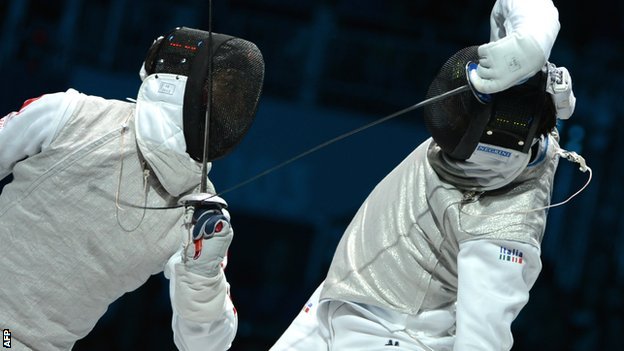Written by Jonathon James Nicholas Edwards: a scholar ever loyal to the crown. He loves bees and Oxford.
Games are a natural educational tool. Crows can be seen tumbling with one another through the air, kittens play with dead mice before they hunt for live ones, and the Duke of Wellington is widely credited with saying that the battle of Waterloo was won on the playing fields of Eton.
However they have their limitations. In reference to the Duke of Wellington’s quotation, the Victorian writer Matthew Arnold said “Alas! disasters have been prepared in those playing-fields as well as victories; disasters due to inadequate mental training – to want of application, knowledge, intelligence, lucidity.” One of the primary limitations of most games is the unavoidable way that a canny, unscrupulous player can use the rules to “game” the system.
I know this from experience, because I’ve done it. I used to fence and made it to some regional competitions. Given the sport’s provenance as an activity for gentlemen, and the risk of injury from flying metal, fencing has strict codes of conduct and penalties for breaking them. Any behaviour that endangers or disrespects another player can be penalised. Failure to correctly salute an opponent or referee causes a fencer to forfeit the match. In general fencers are expected to maintain composure at all times.
In one match I faced an opponent who was much faster, more skilled and more experienced. In any fair match he should have won. However he was known to have a short temper, and I reasoned that I could goad him into breaking the rules. I fenced to frustrate. I dodged his lunges, and attacked with small cuts to the arms that just caught. Although my opponent took an early lead, he was clearly annoyed. After I won a few points in this way, he flung his sword on the ground. Citing it as a safety violation, the referee gave him a red card, one step away from the black card that would cost him the match.
The fight continued in this way, until my opponent was one point from victory, but one temper tantrum from defeat. As he attempted to stay calm, he broke his concentration, and I took a few more points, which antagonized him further. Ultimately he won the match, but my manipulation of the rules meant it wasn’t the easy victory for him that it should have been.
Rules are necessary to implement any game, however sometimes they subvert the purpose of the exercise; rather than being a measure of the best fencer, our match turned on my opponent’s ability to keep calm. This is humorous in a high school fencing match (although not for my opponent) but in situations with a direct practical application like war games it can be a serious problem. It is therefore useful to remember that any game has inherent limitations. Organizers and players must set up the game as carefully as possible, but recognize their limits. In the end we hope that they produce more people like Wellington, and fewer people like me.

